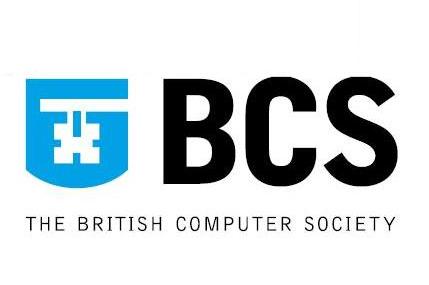BCS slams IT degree funding cuts
But the government has defended its decision not to mark IT as a subject important to the public interest.

The British Computing Society (BCS) has criticised the Government's decision not to fund education for second degrees in the IT/computing industry, saying this will decrease the already scant numbers of people entering the vital IT industry.
Because the government decided not to mark IT as a 'subject important to public interest', anyone with a degree in another subject will find it difficult to get government funding to complete a computer or IT degree, the BCS said.
Dr Mike Rodd, Learned Society Director at BCS, said this lack of funding will seriously damage the already struggling field of IT.
"Demand for people with the right qualifications and skills to work in IT is still strong, despite the economic downturn," he said. "The IT sector is highly vulnerable to a lack of educated and skilled workers, and is already suffering."
The IT industry has been experiencing an increased shortage of qualified professionals for some time. Last spring, IT training and education body e-skills UK reported that while the UK's IT industry was growing five to eight times faster than the rest of the economy, only three out of ten graduates chose to enter the sector.
The shortage has continued to get worse, as a report issued just a few weeks ago showed the number of IT students has decreased 48 per cent since 2001.
Industries such as banking have been trying to recruit more IT professionals , but this cut in funding will shrink the pool of qualified employees even more, the BCS argued.
Get the ITPro daily newsletter
Sign up today and you will receive a free copy of our Future Focus 2025 report - the leading guidance on AI, cybersecurity and other IT challenges as per 700+ senior executives
The BCS has said it recognises that prioritising funding for those without a first degree or qualification is fair, but said the expected long-term impact of this change in this sector could cost the government and the country, especially if it expects employees to pick up the cost of continued education.
"We are gravely concerned that the government is prepared to gamble on employees and employers picking up the cost, especially given the significance of the IT sector to the UK's economy," Rodd argued. "There appears to be a real lack of understanding on the part of the government about what will happen on the ground if this funding is removed."
-
 The Race Is On for Higher Ed to Adapt: Equity in Hyflex Learning
The Race Is On for Higher Ed to Adapt: Equity in Hyflex LearningBy ITPro
-
 Google faces 'first of its kind' class action for search ads overcharging in UK
Google faces 'first of its kind' class action for search ads overcharging in UKNews Google faces a "first of its kind" £5 billion lawsuit in the UK over accusations it has a monopoly in digital advertising that allows it to overcharge customers.
By Nicole Kobie